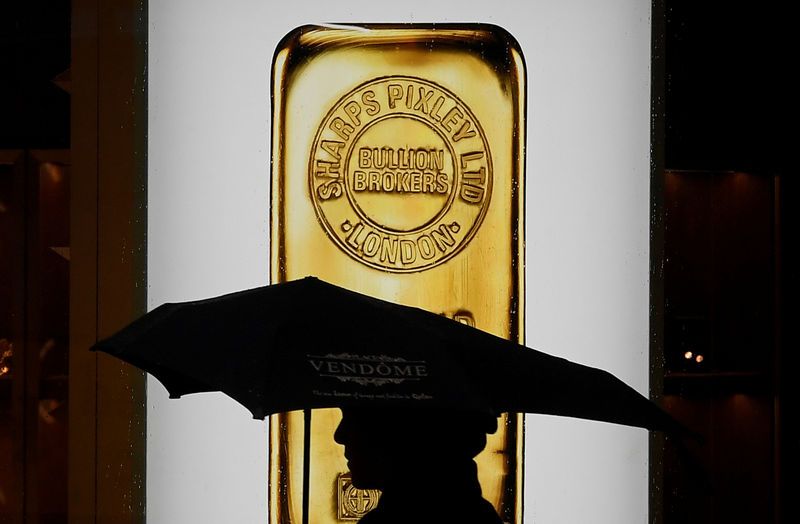UBS continues to rate gold as 'attractive' despite year-to-end rally
XAU/USD prices hit a new all-time high, marking the metal's sixth weekly gain in the past seven weeks.
This year alone, gold has seen a 32% increase in value, spurred by a combination of factors including central bank easing policies, the uncertainty surrounding the US elections, and ongoing geopolitical conflicts in Ukraine and the Middle East.
Commodity strategists at UBS see more upside for the yellow metal.
"We continue to rate gold as Attractive and to position for further upside, with prices expected to trade near USD 2,850/oz in March 2025," they said in a note on Friday. Gold as a hedge against political volatility
The rapid ascent of gold this year suggests potential volatility ahead, but the outlook remains positive with expectations of continued growth. Declining real interest rates are seen as a key driver for the precious metal's ascent.
The Federal Reserve is believed to be in the early stages of its easing cycle, with a total of 100 basis points in cuts anticipated this year and another 100 basis points in 2025. Historically, gold has risen by up to 10% in the six months following the first Fed rate cut, as reported by the World Gold Council.
This week, the central banks of China and Canada reduced their rates by 25 and 50 basis points respectively, while the European Central Bank executed a 25 basis point cut last week.
The weakening US dollar next year is also expected to favor gold as both rates and bond yields fall. Furthermore, gold's value as a political hedge could counteract any short-term gains in the dollar, particularly if Donald Trump were to win the upcoming US election.
Geopolitical tensions remain unresolved and continue to support gold's safe-haven appeal. Despite ongoing peace talks in Doha, Israel's military actions in Gaza and Lebanon persist, and North Korea has reportedly moved troops to the Russian border, with potential further deployments to Ukraine.
Such developments could prompt Ukraine to pursue nuclear capabilities if NATO membership is off the table, as stated by its president last week. Diversification of currency reserves
The diversification of currency reserves is also contributing to the demand for gold. President Joe Biden announced a $20 billion loan to Ukraine, backed by earnings from frozen Russian assets.
This strategy by Western countries has led to increased central bank investments in gold, with a record 483 tons purchased in the first half of the year, as per World Gold Council data. Countries like Turkey, India, China, and Poland have been prominent buyers.
Investment in gold ETFs has continued to grow for the fourth consecutive month in August. Total holdings have recovered to nearly 3,182 metric tons, the highest since the beginning of the year, and have reduced the year-to-date loss to 44 metric tons.
"Recent events have underscored gold’s hedging qualities and utility from a portfolio perspective, and we reiterate our recommendation for a diversified USD denominated portfolio to include a 5% allocation to gold as a broad hedge," UBS said.
As interest rates decline, investors are expected to shift funds from cash to assets like gold. Options for gold investment include physical gold, structured strategies, ETFs, and gold miner equities.
For those wary of commodity market volatility, actively managed strategies that aim to outperform passive indices could be considered.
Source: Investing.com
